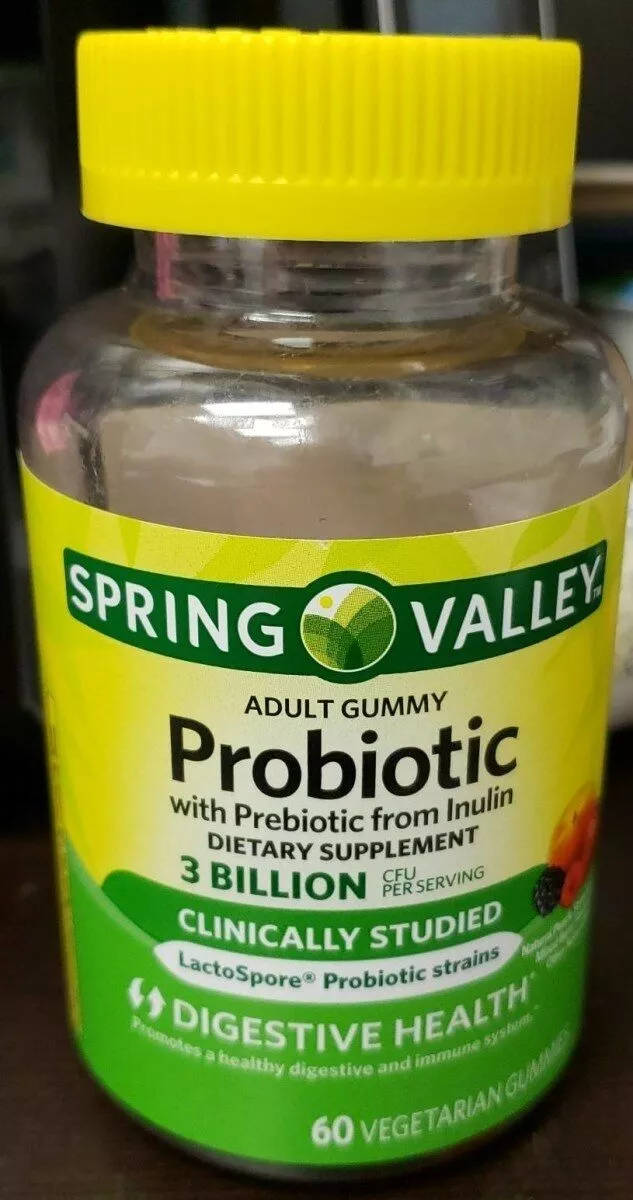The gut microbiome plays an important role in health -- including mental health. Researchers from the University of Basel and the University of Basel psychiatric clinic (UPK) have shown that probiotics can support the effects of antidepressants and help alleviate depression. In modern society, depression is a very common problem.

Data map
What may surprise many people is that scientists have just discovered that the intestinal flora, that is, trillions of bacteria and other microorganisms living in the digestive tract, can affect depression. However, this is not as strange as it sounds, because your gut microbiota is known to play an important role in health and may be associated with weight loss, autism, covid-19 severity, ALS, and drug safety and efficacy.
When winstonchurchill was visited by his "black dog", he could hardly get out of bed. He has no energy, no interest, and no appetite. Although the British Prime Minister did not invent the metaphor of depression, he was the one who popularized it.
Experts use drugs and psychotherapy to try to help patients get rid of the "black dog", but it still exists in some people. Therefore, researchers are looking for ways to improve existing therapies and develop new ones.
One promising approach is the microbiome gut brain axis. The microbiome is generally understood as all microorganisms living in or on the human body, such as the intestinal flora. Intestinal bacteria can affect the nervous system.
In a recent study, a team from the University of Basel and UPK showed that probiotics can support the treatment of antidepressants. They reported their findings in translational psychology on June 3.
Gut flora affects psychology
From previous studies, we can know that the incidence of intestinal and digestive problems in patients with depression is higher than the average. If the intestinal flora of patients with depression is implanted into mice raised under sterile conditions -- that is, there is no intestinal flora -- these animals will also have depression like behavior. For example, compared with their peers, they are less energetic and less interested in their surroundings. Therefore, the researchers suspect that the composition of intestinal bacterial community plays an important role in depressive symptoms.
Researchers led by Dr. Andr é Schmidt and Professor Undine Lang systematically investigated the effects of probiotics on patients with depression. All participants were inpatients of UPK. In addition to taking antidepressants, they also took probiotics (21 subjects) or placebo (26 subjects) for 31 days. Throughout the study, neither the participants nor the researchers knew which preparation the subjects were taking. The researchers conducted a series of tests on the participants immediately before treatment, and again at the end of 31 days and 4 weeks later.
Subsequent analysis showed that although only general antidepressant treatment was used, the depressive symptoms of all participants decreased, but the subjects in the probiotic group had greater improvement than those in the placebo group.
In addition, the composition of their intestinal flora has also changed, at least temporarily: in the probiotics group, the analysis of fecal samples showed that lactic acid bacteria increased at the end of the treatment -- this effect was accompanied by a decrease in depressive symptoms. However, the levels of these healthy gut bacteria fell again over the next four weeks. Anna Chiara Schaub, one of the authors of the study, explained: "it may be that the four week treatment period is not long enough, and the new composition of the intestinal flora will take longer to stabilize."
Changes in emotional stimulus processing
Another interesting effect of probiotics is on brain activity when looking at neutral or fearful faces. The researchers investigated this effect using functional magnetic resonance imaging (fMRI). In patients with depression, certain brain regions used for emotional processing behave differently from those in mental health. After four weeks of probiotic use, this brain activity returned to normal in the probiotic group, but not in the placebo group.
"Although the microbiota gut brain axis has been the subject of research for many years, the exact mechanism has not been fully clarified," Schaub said This is another reason why researchers believe that it is important to use a wide range of bacteria in the form of probiotics, such as formulas already available on the market. "With further understanding of the specific effects of certain bacteria, it may be possible to optimize the selection of bacteria and use the best combination to support the treatment of depression," the researcher continued However, she stressed that probiotics are not the only treatment for depression.